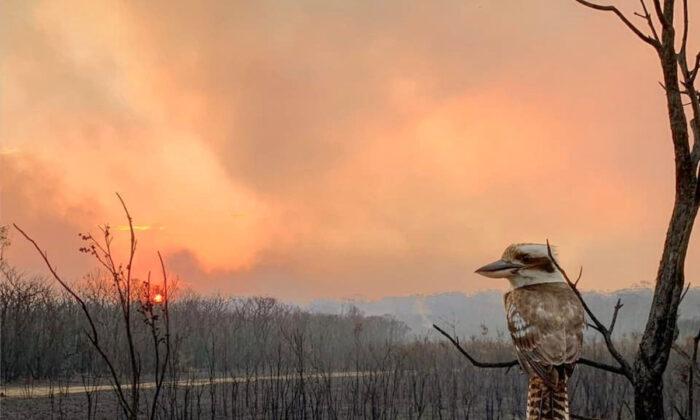There has been a growing desire among Australians for more adventure in their lives, particularly heart-racing ones, with a new study showing that 94 percent of young individuals find that embarking on extreme adventures significantly benefits their mental health.
The results are based on organised, face-to-face surveys of more than 150,000 adults across 29 countries of varying financial status from all of the regions of the world. And show a massive unmet need for treatment.
So, it is no wonder that the allure of adventure as a means to combat the mental health crisis is gaining traction, with many attributing their improved mood to the adrenaline-pumping experiences that push them beyond their comfort zones.
The transformative power of such experiences is emphasized by Eric Brymer, a psychologist and researcher with a keen interest in the interplay between adventure, performance, and wellbeing.
“People report that they go back into everyday life feeling, ‘Well if I can do that, I can do other things,’” Mr. Brymer said, highlighting the confidence-building aspect of engaging in extreme adventures.
This is echoed by the growing desire among Australians for more adventure in their lives, with over 69 percent expressing a yearning to step out of their daily routines and embrace the unknown.
A significant portion believes that adventure can serve as a conduit for breaking free from life’s ruts (33 percent) and unwinding from the stresses that plague their everyday existence (37 percent).
Recognised as New Zealand’s leading provider of adventure therapy services, the organisation offers a unique blend of outdoor activities and mental health support beyond traditional talk therapy.
Beneficial, Not Just Fun
So, what are the psychological benefits of these types of extreme sports?Other effects include:
A study in the “Journal of Applied Sport Psychology” noted that these individuals tend to be more adept at evaluating risks and making quick, informed decisions, skills that are beneficial in various aspects of life, including mental health management.
Research indicates that the social aspects of extreme sports, such as shared experiences and mutual encouragement, can contribute to a sense of community and reduce feelings of isolation.
So, with the emergence of platforms like adventure therapy that challenge individuals to confront their limitations but also provide pathways to rediscovery and healing, these experiences is not just about seeking thrills, but supports the idea that extreme sport and adventure participation can lead to positive relationships with the natural world and pro-environmental behaviours that are emotionally transformative and meaningful.





